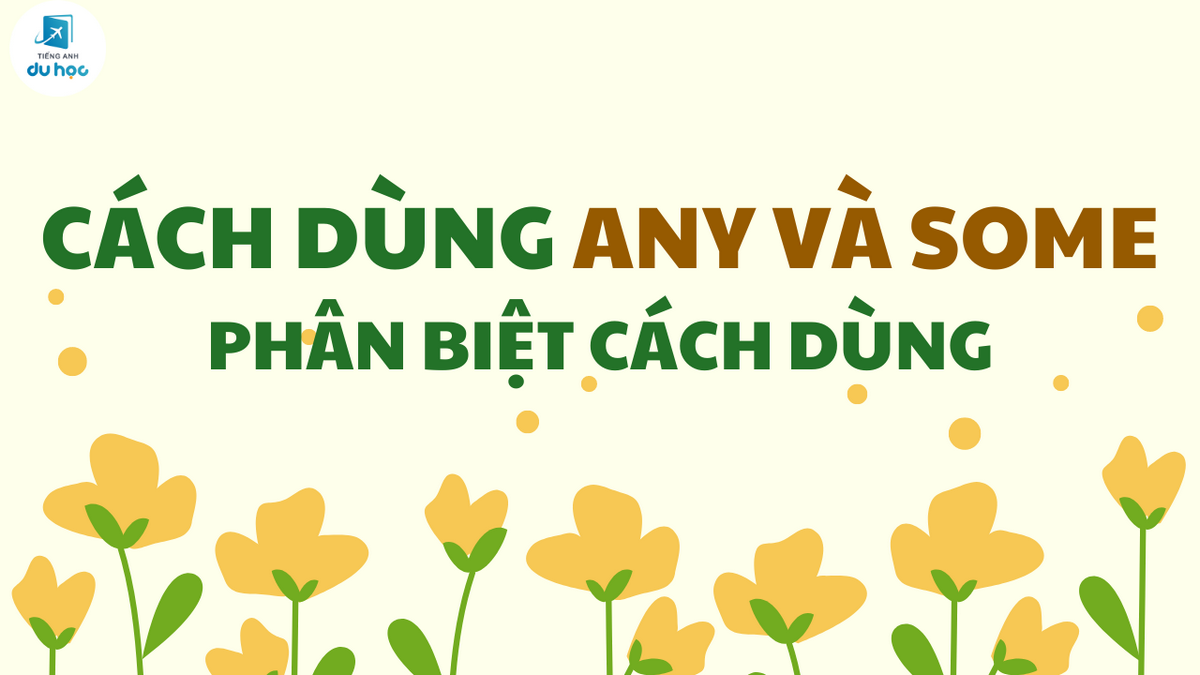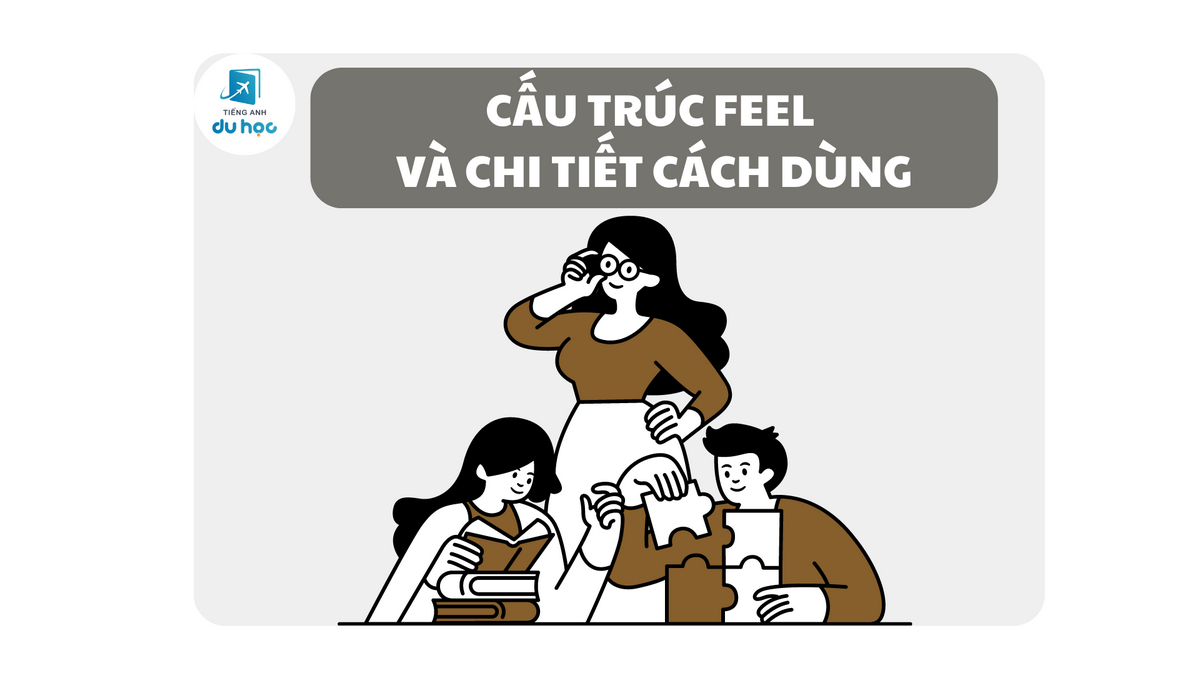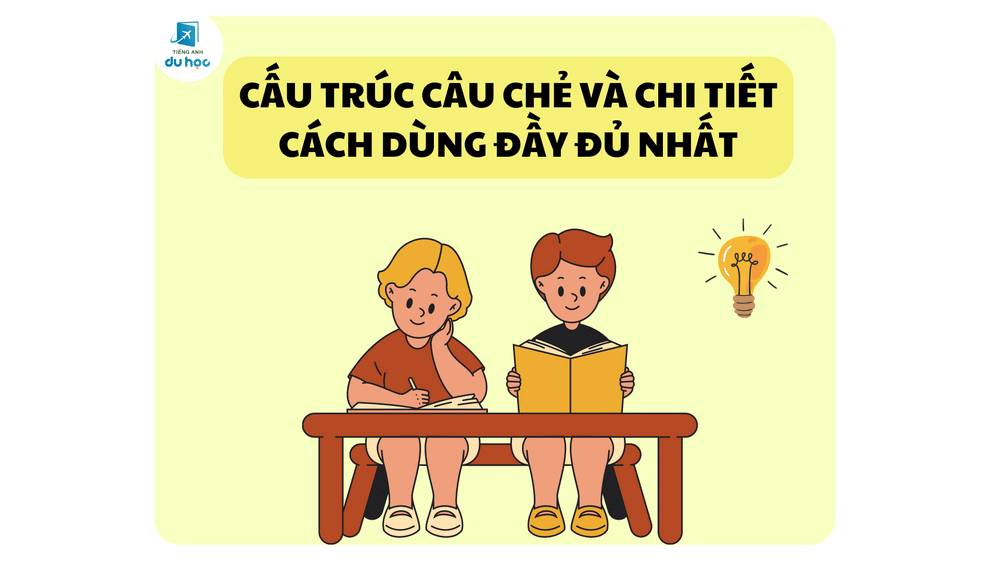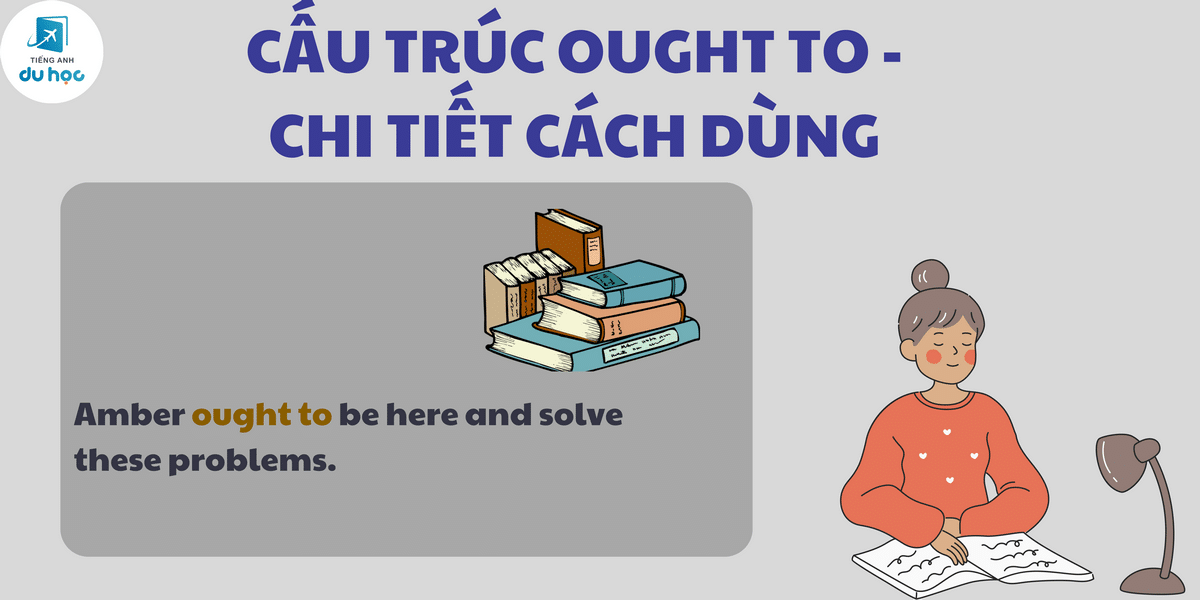Tienganhduhoc.vn hôm nay xin giới thiệu đến các bạn “Bảng cách chuyển đổi từ loại trong tiếng Anh-có bài tập và đáp án” để các bạn tham khảo. Đây là tài liệu hữu ích giúp các bạn ôn tập chuẩn bị cho các bài thi trên trường. Cũng như, tài liệu này còn giúp người học rèn luyện kỹ năng làm bài và tích lũy vốn từ vựng hữu ích cho các kỳ thi và kiểm tra.
Xem thêm: Các Gerund trong tiếng Anh – Cách dùng & phân biệt với động từ trợ động từ Thì hiện tại tiếp diễn – Công thức cách dùng bài tập có đáp án List các danh từ trong tiếng Anh & danh từ đếm được và không đếm được
1. Bảng từ loại trong tiếng Anh
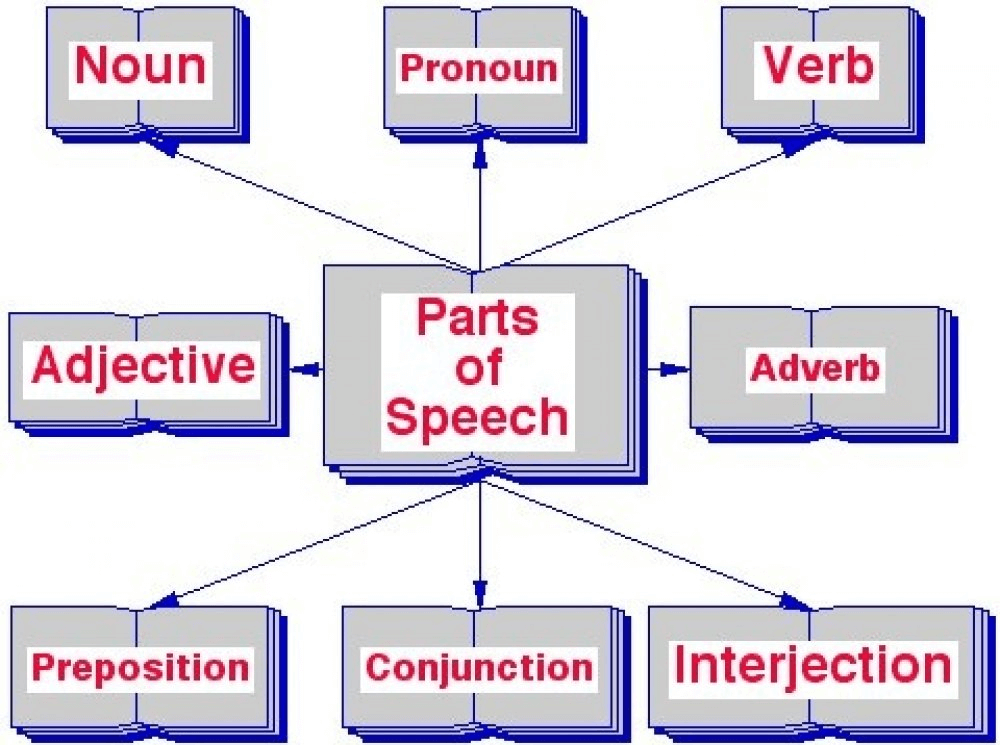
Có 8 từ loại trong tiếng Anh
- Danh từ (Nouns): Là từ gọi tên người, đồ vật, sự việc hay nơi chốn.
Ex: teacher, desk, sweetness, city.
- Đại từ (Pronouns): Là từ dùng thay cho danh từ để không phải dùng lại danh từ ấy nhiều lần.
Ex: I, you, them, who, that, himself, someone.
- Tính từ (Adjectives): Là từ cung cấp tính chất cho danh từ, làm cho danh từ rõ nghĩa hơn, chính xác và đầy đủ hơn.
Ex: a dirty hand, a new dress, the car is new.
- Động từ (Verbs): Là từ diễn tả một hành động, một tình trạng hay một cảm xúc. Nó xác định chủ từ làm hay chịu đựng một điều gì.
Ex: The boy played football. He is hungry. The cake was cut.
- Trạng từ (Adverbs): Là từ bổ sung ý nghĩa cho một động từ, một tính từ hay một trạng từ khác. Tương tự như tính từ, nó làm cho các từ mà nó bổ nghĩa rõ ràng, đầy đủ và chính xác hơn.
Ex: He ran quickly. I saw him yesterday. It is very large.
- Giới từ (Prepositions): Là từ thường dùng với danh từ và đại từ hay chỉ mối tương quan giữa các từ này với những từ khác, thường là nhằm diễn tả mối tương quan về hoàn cảnh, thời gian hay vị trí.
Ex: It went by airmail. The desk was near the window.
- Liên từ (Conjunctions): Là từ nối các từ (words), ngữ (phrases) hay câu (sentences) lại với nhau.
Ex: Peter and Bill are students. He worked hard because he wanted to succeed.
- Thán từ (Interjections): Là từ diễn tả tình cảm hay cảm xúc đột ngột, không ngờ. Các từ loại này không can thiệp vào cú pháp của câu.
Ex: Hello! Oh! Ah!
Có một điều quan trọng mà người học tiếng Anh cần biết là cách xếp loại trên đây căn cứ vào chức năng ngữ pháp mà một từ đảm nhiệm trong câu. Vì thế, có rất nhiều từ đảm nhiệm nhiều loại chức năng khác nhau và do đó, có thể được xếp vào nhiều từ loại khác nhau.
Xét các câu dưới đây:
(1) He came by a very fast train.
Anh ta đến bằng một chuyến xe lửa cực nhanh.
(2) Bill ran very fast.
Bill chạy rất nhanh.
(3) They are going to fast for three days; during that time they won’t eat anything.
Họ sắp nhịn ăn trong ba ngày; trong thời gian ấy họ sẽ không ăn gì cả.
(4) At the end of his three-day fast, he will have a very light meal.
Vào cuối đợt ăn chay dài ba ngày của anh ta, anh ta sẽ dùng một bữa ăn thật nhẹ.
- Trong câu (1) fast là một tính từ (adjective).
- Trong câu (2) fast là một trạng từ (adverb).
- Trong câu (3) fast là một động từ (verb).
- Trong câu (4) fast là một danh từ (noun).
2. Cách nhận biết theo đuôi của danh từ, động từ, tính từ và trạng từ trong tiếng Anh
2.1. Noun endings (Dấu hiệu nhận biết danh từ)
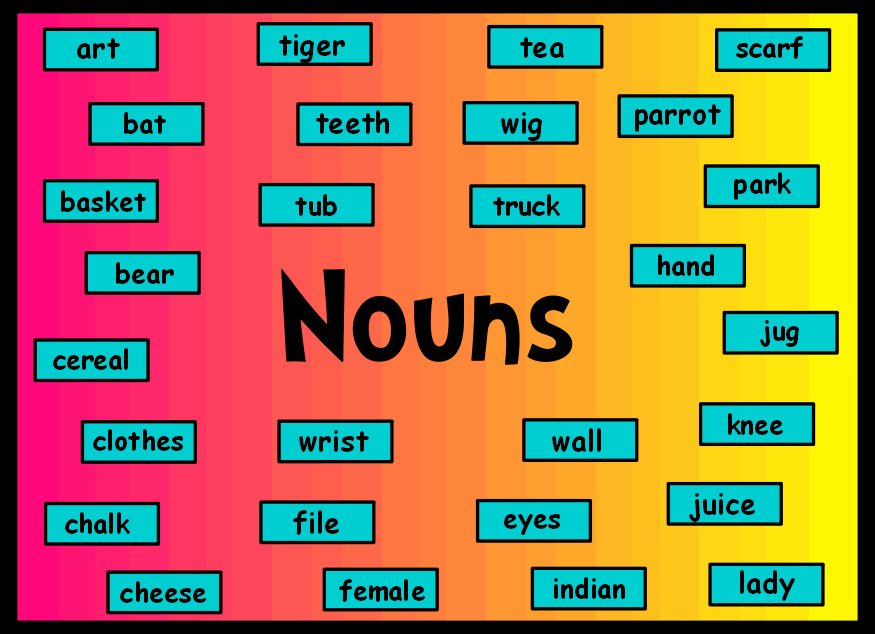
| Noun Endings | Examples |
| 1. – ism | criticism, heroism, patriotism |
| 2. – nce | importance, significance, dependence, resistance |
| 3. – ness | bitterness, darkness, hardness |
| 4. – ion | pollution, suggestion, action |
| 5. – ment | accomplishment, commencement, enhancement, excitement |
| 6- —(i)ty | purity, authority, majority, superiority, humidity, cruelty, honesty, plenty, safety |
| 7. – age | baggage, carriage, damage, language, luggage, marriage, passage |
| 8. – ship | citizenship, fellowship, scholarship, friendship, hardship |
| 9. – th | bath, birth, death, growth, health, length, strength, truth, depth, breadth, wealth |
| 10. – dom | freedom, kingdom, wisdom |
| 11. – hood | childhood, brotherhood, neighborhood, likelihood |
| 12. – ure | closure, legislature, nature, failure, pleasure |
| 13. – cy | bankruptcy, democracy, accuracy, expectancy, efficiency |
| 14. —(t)ry | rivalry, ancestry, carpentry, machinery, scenery, bravery |
| 15. – logy | archaeology, geology, sociology, zoology |
| 16. – graphy | bibliography, biography |
| 17. – or | actor, creator, doctor, tailor, visitor, bachelor |
| 18. – er | northerner, villager, airliner, sorcerer |
| 19. – ee | employee, payee, absentee, refugee |
| 20. – ist | economist, dentist, pianist, optimist, perfectionist |
| 21. – ician | magician, physician, musician, electrician, beautician |
| 22. – ant | assistant, accountant, consultant, contestant, inhabitant |
Bạn đang ôn thi tiếng Anh
Hãy tham khảo ngay 07 khóa học luyện thi IELTS VIETOP nhé!
Ngoài ra Tặng ngay Voucher học phí khi NHẬN TƯ VẤN
2.2. Adjective endings (Dấu hiệu nhận biết tính từ)
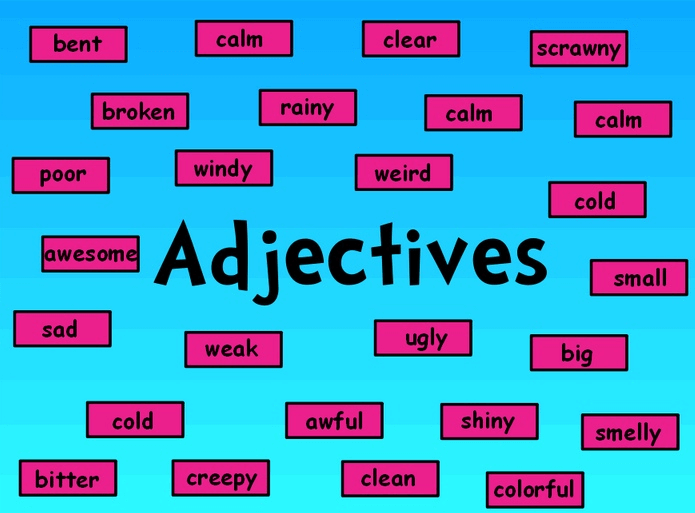
| Adj endings | Examples |
| l. – ent | independent, sufficient, absent, ancient, apparent, ardent |
| 2. – ant | arrogant, expectant, important, significant, abundant, ignorant, brilliant |
| 3. – ful | beautiful, graceful, powerful, grateful, forgetful, doubtful |
| 4. – less | doubtless, fearless, powerless, countless, careless, helpless |
| 5. – ic | civic, classic, historic, artistic, economic |
| 6. – ive | authoritative, demonstrative, passive, comparative, possessive, native |
| 7. – ous | dangerous, glorious, murderous, viscous, ferocious, hilarious |
| 8. – able | charitable, separable, bearable, reliable, comfortable, suitable |
| 9. – ible | audible, edible, horrible, terrible |
| 10. – al | central, general, oral, tropical, economical |
| ll. – ory | mandatory, compulsory, predatory, satisfactory |
| 12. – ary | arbitrary, budgetary, contrary, primary, temporary, necessary |
| 13. – y | angry, happy, icy, messy, milky, tidy, chilly, slippery, rainy |
| 14. – ly | friendly, lovely, lively, daily, manly, beastly, cowardly, queenly, rascally |
| 15. – ate | temperate, accurate, considerate, immediate, literate |
| 16. – ish | foolish, childish, bookish, feverish, reddish |
Xem thêm: Thì hiện tại tiếp diễn – Công thức cách dùng bài tập có đáp án Cách dùng In spite of và Because of trong tiếng Anh – Bài tập Các cụm từ và mẫu câu hay dùng trong IELTS Writing
2.3. Verb endings (Dấu hiệu nhận biết động từ)

| Verb endings | Examples |
| l. – en/en- | listen, happen, strengthen, lengthen, shorten, soften, widen, entrust, enslave, enlarge, encourage, enable, enrich |
| 2. – ate | assassinate, associate, fascinate, separate, vaccinate, evacuate |
| 3. – ize | idolize, apologize, sympathize, authorize, fertilize |
| 4. – ify | satisfy, solidify, horrify |
2.4. Adverb endings (Dấu hiệu nhận biết trạng từ)

| Adverb endings | Examples |
| l. – ly | firstly, fully, greatly, happily, hourly |
| 2. – wise | otherwise, clockwise |
| 3. – ward | backward, inward, onward, eastward |
3. Cách chuyển đổi từ loại trong tiếng Anh
3.1. Cách thành lập danh từ
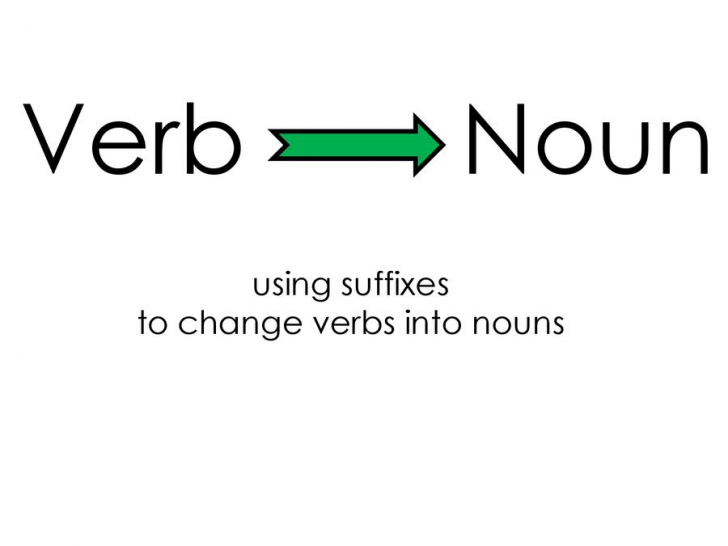
Xem thêm: Các dạng câu hỏi và bài tập về Câu tường thuật chi tiết Bài tập câu trực tiếp gián tiếp và công thức ứng dụng chi tiết Công thức dấu hiệu nhận biết thì quá khứ đơn – Bài tập có đáp án
| Cách thành lập | Cách thành lập | Ví dụ |
| 1. Thêm hậu tố vào sau động từ | V + – tion/-ation | prevent => prevention introduce => introduction invent => invention conserve => conservation admire => admiration |
| V + -ment | Develop => development achieve => achievement employ => employment disappoint => disappointment improve => improvement | |
| V + – er/-or | drive => driver teach => teacher edit => editor instruct => instructor dry => dryer cook => cooker | |
| V + – ar/- ant/-ee (chỉ người) | beg => beggar assist => assistant examine => examinee lie => liar employ => employee | |
| V + – ence/- ance | exist => existence differ => difference attend => attendance appear => appearance | |
| V + – ing | teach => teaching build => building understand => understanding | |
| V + – age | drain => drainage use => usage | |
| 2. Thêm hậu tố vào sau danh từ | N + -ship | friend => friendship owner => ownership |
| N + – ism (chủ nghĩa/học thuyết) | capital => capitalism hero => heroism | |
| 3. Thêm hậu tố vào sau tính từ | Adj + – ity | possible => possibility real => reality national => nationality special => speciality |
| Adj + – ism | racial => racialism (chủ nghĩa phân biệt chủng tộc) common => communism (chủ nghĩa cộng sản) social => socialism (chủ nghĩa xã hội) feudal => feudalism (chế độ phong kiến) surreal => surrealism (chủ nghĩa siêu thực) | |
| Adj + – ness | rich => richness happy => happiness sad => sadness willing => willingness | |
| super – | man => superman market => supermarket star => superstar structure => superstructure store => superstore | |
| under – | current => undercurrent growth => undergrowth education => undereducation pass => underpass weight => underweight | |
| sur – | face => surface name => surname plus => surplus | |
| sub – | way => subway marine => submarine contact => subcontract … |
Ví dụ: Cho dạng đúng của các từ trong ngoặc để điền vào chỗ trống
Detroit is renowned for the _____ production_____ of cars. (produce)
Trong câu có mạo từ xác định “the” nên cần điền một danh từ
Đáp án là: production
Dịch: Detroit rất nổi tiếng về việc sản xuất ô tô.
3.2. Cách thành lập tính từ
Tính từ đơn
| Noun | Adj | |
| Noun + y | Rain | Rainy |
| Wind | Windy | |
| Sun | Sunny | |
| Snow | Snowy | |
| Fog | Foggy | |
| Noun + ly | Day | Daily |
| Man | Manly | |
| Friend | Friendly | |
| Love | Lovely | |
| Noun + ful | Care | Careful |
| Beauty | Beautiful | |
| Harm | Harmful | |
| Noun + less | Care | Careless |
| Home | Homeless | |
| Harm | Harmless | |
| Noun + en | Gold | Golden |
| Wool | Woolen | |
| Wood | Wooden | |
| Noun + some | Trouble | Troublesome |
| Quarrel | quarrelsome | |
| Noun + ish | Book | Bookish |
| Girl | Girlish | |
| Child | Childish | |
| Noun + ous | Humour | Humourous |
| Danger | Dangerous |
Tính từ ghép
| Examples | |
| Adj + adj | a dark-blue coat a red-hot iron bar |
| Noun + adjective | a snow-white face the oil-rich country |
| Noun + participle | a horse-drawn cart a heart-breaking story |
| Adjective + participle | ready-made shirt a good-looking girl |
| Adverb + participle | a newly-built house a well-dressed man |
| Noun + noun-ed | a tile-roofed house |
| Adjective + noun-ed | a dark-haired girl |
| A group of words | a twenty-year-old girl a twelve-chapter novel an eight-day trip an air-to-air missile |

3.3. Cách thành lập trạng từ
Công thức: Adj + ly = Adv
Ex: quick → quickly
slow → slowly
beautiful → beautifully
final → finally
immediate → immediately
Lưu ý:
- các tính từ tận cùng bằng able/ible thì bỏ e ở cuối và thêm y:
Ex: capable → capably
probable → probably
possible → possibly
- âm cuối y đổi thành i:
Ex: happy → happily
easy → easily
lucky → luckily
Những trường hợp ngoại lệ:
- Friendly (adj): là tính từ và không có hình thức trạng từ. Để có trạng từ tương tự, ta có thể dùng cụm trạng từ in a friendly way.
Ex: He is friendly.
He greeted me in a friendly way.
- Hard vừa là tính từ vừa là trạng từ:
Ex: The exercise is pretty hard. (hard = difficult).
She works hard. (hard: adv) = She is a hard-working worker. (hard: adj)
- Late: vừa là tính từ vừa là trạng từ:
Ex: He was late. (adj)
He came late. (adv)
- Một số từ khác vừa là adj, vừa là adv: early, well, fast, high
Ex: – I’m very well today. (adj)
She learns very well. (adv)
– This table is high. (adj)
The plane flies high.
– early train (adj)/get up early (adv)
- highly cũng là trạng từ nhưng nghĩa khác với high (adv).
Ex: The plane flies high.
He is highly paid. = He is a highly-paid employee
Example 1. Find the adjective in the first sentence and fill the gap with the adverb.
- Joanne is happy. She smiles ………happily…….
- The boy is loud. He shouts ………..loudly…….
3.4. Cách thành lập động từ V-ed và V-ing
Cách thêm – ed sau động từ
Những cách thức thêm – ed sau đây được dùng để thành lập thì quá khứ đơn (simple past) và quá khứ phân từ (past participle):
- Thông thường: thêm ed vào động từ nguyên mẫu.
To talk –> she talked about her family last night.
- Động từ tận cùng bằng e –> chỉ thêm d.
To live –> he lived in Hanoi for 2 years.
- Động từ tận cùng bằng phụ âm + y –> đổi y thành ied.
To study –> they studied in the library last weekend.
- Động từ một âm tiết tận cùng bằng 1 nguyên âm + 1 phụ âm và động từ được nhấn mạnh (stressed) ở âm tiết cuối –> gấp đôi phụ âm cuối trước khi thêm ed.
To stop –> stopped
To control –> controlled
- Một số động từ 2 âm tiết, tận cùng bằng l, được nhấn mạnh (stressed) ở âm tiết thứ nhất cũng gấp đôi phụ âm cuối trước khi thêm ed.
To travel –> traveled
To kidnap –> kidnapped
To worship –> worshipped
Cách phát âm v-ed
Có tới 3 cách để phát âm từ có -ed tận cùng:
- /id/: sau các âm /t/ và /d/
To want –> wanted
To decide –> decided
- /t/: sau các phụ âm câm (voiceless consonant sounds)
To ask –> asked
To finish –> finished
- /d/: sau các nguyên âm (vowel sounds) và phụ âm tỏ (voiced consonant sounds)
To answer –> answered
To open –> opened
Xem ngay:
– 15 cuốn sách tiếng anh dễ đọc – review sách hay
– Từ vựng tiếng Anh cho người đi du lịch – tổng hợp đầy đủ nhất
Cách thêm -ing sau động từ
V-ing được hình thành để tạo nên hiện tại phân từ (present participle), trong các thì tiếp diễn (continuous tenses) và để tạo thành động danh từ (gerund). Có 6 trường hợp thêm ing:
- Thông thường: thêm -ing và cuối động từ nguyên mẫu.
To walk –> walking
To do –> doing
- Động từ tận cùng bằng e –> bỏ e trước khi thêm -ing
To live –> living
To love –> loving
- Động từ tận cùng bằng -ie –> đổi thành -y trước khi thêm -ing.
To die –> dying
To lie –> lying
- Động từ một âm tiết tận cùng bằng 1 nguyên âm + 1 phụ âm và động từ được nhấn mạnh (stressed) ở âm tiết cuối –> gấp đôi phụ âm cuối trước khi thêm -ing.
To run –> running
To cut –> cutting
- Một số động từ 2 âm tiết, tận cùng bằng l, được nhấn mạnh (stressed) ở âm tiết thứ nhất cũng gấp đôi phụ âm cuối trước khi thêm -ing.
To travel –> traveling
- Một số động từ có các thêm -ing đặc biệt để tránh nhầm lẫn:
To dye (nhuộm) –> dyeing Khác với to die (chết) –> dying
To singe (cháy xém) –> singeing Khác với to sing (hát) –> singing
Bảng cách chuyển đổi từ loại là một phần quan trọng trong ngữ pháp tiếng Anh căn bản, vì thế bạn cần nắm rõ. Và nếu bạn đang học ngữ pháp tiếng Anh thì Tiếng anh du học gợi ý bạn trang web học tiếng Anh miễn phí chất lượng là Bhiu.edu.vn.
4. Bài tập
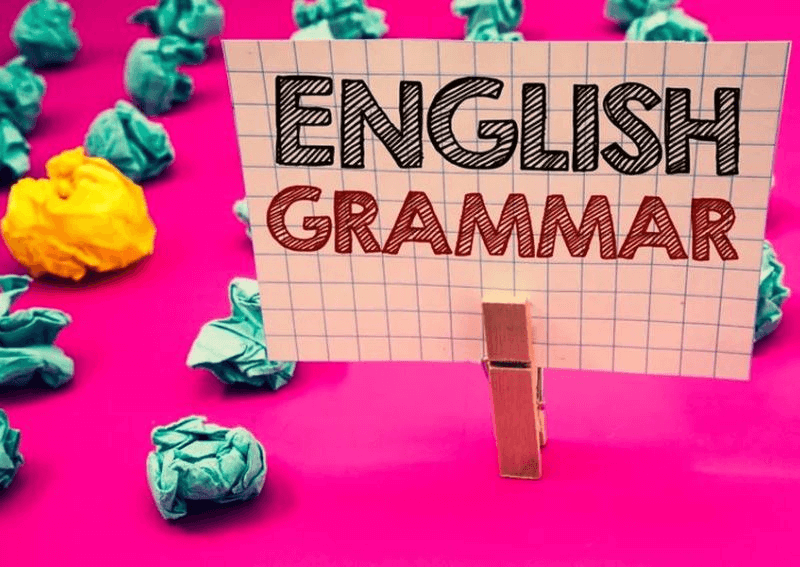
Luyện tập – Cấu tạo từ và từ loại
1. John cannot make a _______ to get married to Mary or stay single until he can afford a house and a car.
A. Decide
B. Decision
C. Decisive
D. Decisively
2. She often drives very ________ so she rarely causes an accident.
A. Carefully
B. Careful
C. Caring
D. Careless
3. All Sue’s friends and __________ came to her party .
A. Relations
B. Relatives
C. Relationship
D. Related
4. My father studies about life and structure of plants and animals. He is a ……….
A. Biology
B. Biologist
C. Biological
D. Biologically
5. She takes the …….. For running the household.
A. Responsibility
B. Responsible
C. Responsibly
D. Responsiveness.
6. We are a very close-knit family and very ….. Of one another.
A. Supporting
B. Supportive
C. Support
D. Supporter
7. You are old enough to take _______ for what you have done.
A. Responsible
B. Responsibility
C. Responsibly
D. Irresponsible
8. He has been very interested in researching _______ since he was in high school.
A. Biology
B. Biological
C. Biologist
D. Biologically
9. Although they are twins, they have almost the same appearance but they are seldom in __.
A. Agree
B. Agreeable
C. Agreement
D. Agreeably
10. The more _______ and positive you look, the better you will feel.
A. Confide
B. Confident
C. Confidently
D. Confidence
11. My parents will have celebrated 30 years of _______ by next week.
A. Marry
B. Married
C. Marriageable
D. Marriage
12. London is home to people of many _______ cultures.
A. Diverse
B. Diversity
C. Diversify
D. Diversification
13. Some people are concerned with physical ______ when choosing a wife or husband.
A. Attractive
B. Attraction
C.attractiveness
D.attractively
14. Mrs. Pike was so angry that she made a _______ gesture at the driver.
A. Rude
B. Rudeness
C. Rudely
D. Rudest
15. She sent me a _______ letter thanking me for my invitation.
A. Polite
B. Politely
C. Politeness
D. Impoliteness
16. He is unhappy because of his ————–.
A. Deaf
B. Deafen
C. Deafness
D. Deafened
17. His country has ————– climate.
A. Continent
B. Continental
C. Continence
D. Continentally
18. She has a ————– for pink.
A. Prefer
B. Preferential
C. Preferentially
D. Preference
19. Computers are ————– used in schools and universities.
A. Widely
B. Wide
C. Widen
D. Width
20. I sometimes do not feel ————– when I am at a party.
A. Comfort
B. Comfortable
C. Comforted
D. Comfortably
21. English is the language of ————–.
A. Communicative
B. Communication
C. Communicate
D. Communicatively
22. I have to do this job because I have no ————–.
A. Choose
B. Choice
C. Choosing
D. Chosen
23. English is used by pilots to ask for landing ————– in Cairo.
A. Instruct
B. Instructors
C. Instructions
D. Instructive
24. He did some odd jobs at home ————–.
A. Disappointment
B. Disappoint
C. Disappointed
D. Disappointedly
25. Don’t be afraid. This snake is ————–.
A. Harm
B. Harmful
C. Harmless
D. Unharmed
26. During his ————–, his family lived in the United State.
A. Child
B. Childhood
C. Childish
D. Childlike
27. Jack London wrote several ————– novels on an adventure.
A. Interest
B. Interestedly
C. Interesting
D. Interested
28. He failed the final exam because he didn’t make any ————– for it.
A. Prepare
B. Preparation
C. Preparing
D. Prepared
29. The custom was said to be a matter of ————–.
A. Convenient
B. Convenience
C. Conveniently
D. Convene
30. She is ————– in her book.
A. Absorbed
B. Absorbent
C. Absorptive
D. Absorb
31. As she is so ————– with her present job, she has decided to leave.
A. Satisfy
B. Satisfied
C. Satisfying
D. Unsatisfied
Đáp án:
1 – B; 2 – A; 3 – B; 4 – B; 5 – A;
6 – B; 7 – B; 8 – A; 9 – C; 10 – B;
11 – D; 12 – C; 13 – B; 14 – A; 15 – A;
16 – C; 17 – B; 18 – D; 19 – A; 20 – B;
21 – B; 22 – B; 23 – C; 24 – D; 25 – C;
26 – B; 27 – C; 28 – B; 29 – B; 30 – A; 31 – D;
Trên đây là bảng chuyển đổi từ loại trong tiếng Anh và bài tập nhận biết từ loại trong tiếng Anh. Mời bạn đọc tham khảo thêm nhiều tài liệu ôn tập tiếng Anh cơ bản và nâng cao khác tại tienganhduhoc.vn được cập nhập liên tục.




